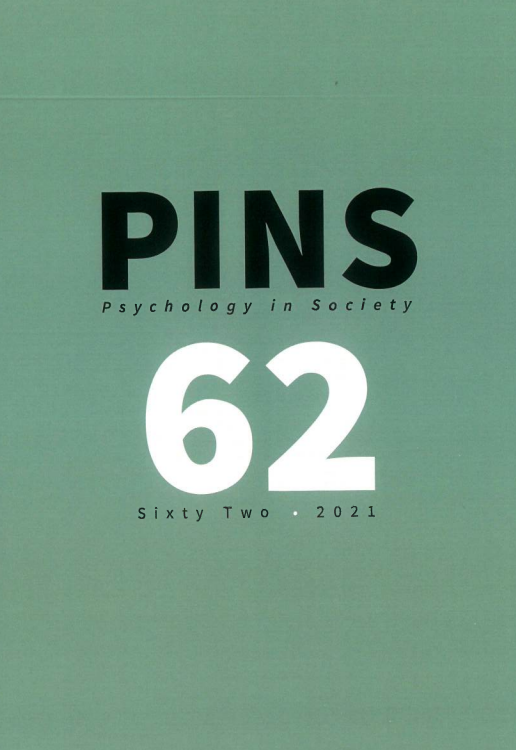Elucidating the discursive landscape of sex work in Johannesburg, South Africa
DOI:
https://doi.org/10.57157/pins2021Vol62iss1a5586Keywords:
agency, critical social theory, discourse, sex work, victimhoodAbstract
In discussions about sex work, two dominant views are evident: Sex workers freely choose to sell sex as a means of earning an income or sex workers are victims of circumstances, driven into the sex industry through coercion or dire poverty. Both these views oversimplify the actuality of sex work. Sex workers themselves also at times oscillate between these two positions, but in this article we demonstrate how they are able, to some extent, to open up discursive spaces between these two extremes. However, just as sex workers are neither entirely passive victims nor entirely free agents in their lived experience, so too they are neither entirely passive channels for larger social discourses about their profession, nor entirely free to voice an authentic, first-hand account of what sex work “really” is. To explore this discursive entanglement, we spoke to five sex workers in Johannesburg and describe the ways in which they were able to both take on board, and to challenge, a variety of different discourses in order to talk about themselves as simultaneously agentic and
constrained in what they can do.
Downloads
Published
How to Cite
Issue
Section
License
This journal is an open access journal, and the authors' and journal should be properly acknowledged, when works are cited.
Authors may use the publishers version for teaching purposes, in books, theses, dissertations, conferences and conference papers.
A copy of the authors’ publishers version may also be hosted on the following websites:
- Non-commercial personal homepage or blog.
- Institutional webpage.
- Authors Institutional Repository.
The following notice should accompany such a posting on the website: “This is an electronic version of an article published in PINS, Volume XXX, number XXX, pages XXX–XXX”, DOI. Authors should also supply a hyperlink to the original paper or indicate where the original paper (http://www.journals.ac.za/index.php/pins) may be found.
Authors publishers version, affiliated with the Stellenbosch University will be automatically deposited in the University’s’ Institutional Repository SUNScholar.
Articles as a whole, may not be re-published with another journal.
The copyright of the article(s) lies with the author(s).
The copyright of the journal lies with PINS-psychology in Society.
The following license applies:
Attribution CC BY-NC-ND 4.0 - https://creativecommons.org/licenses/by-nc-nd/4.0/

